Currently, businesses in the seafood processing and export industry are facing five major difficulties related to mechanisms, policies and administrative procedures.
In a report sent to the Government Office , the Vietnam Association of Seafood Exporters and Producers (VASEP) pointed out a series of difficulties related to mechanisms, policies and administrative procedures that seafood enterprises are facing, and at the same time, proposed solutions to support the recovery and development of this industry.
Tax problems related to raw material purchase declaration procedures
According to the reflection of VASEP member enterprises, recently the Tax Department of some provinces (such as Ba Ria - Vung Tau , Quang Tri,...) has organized tax inspections for the period 2016-2017 at some seafood processing and exporting enterprises in the area.
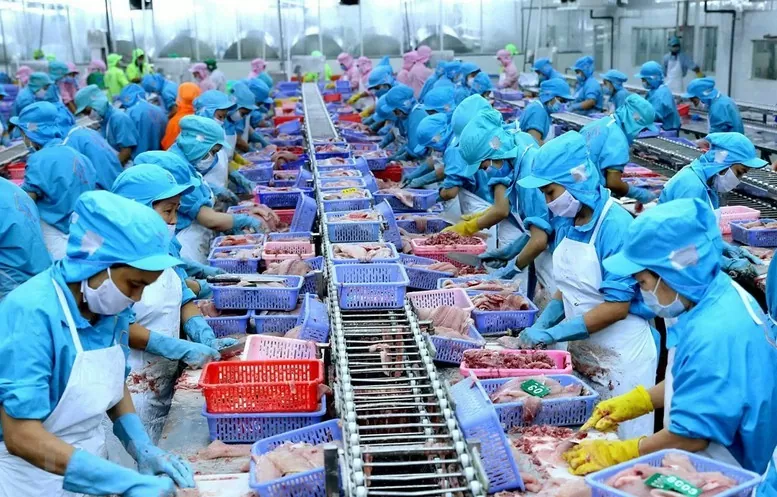 |
| Seafood export. (Photo: VASEP) |
During the inspection process, some problems and shortcomings arose. Firstly , some fishing boats declared by seafood processing enterprises do not have fishing licenses. The Tax Department has excluded all costs of purchasing raw materials from these boats because it considers them unreasonable and invalid.
Second , there are difficulties and inadequacies in verifying information on purchasing aquatic raw materials from fishing vessels, fishermen, and local authorities. Accordingly, regarding the confirmation of fishing vessel owners: businesses are always in a passive position and must depend on the mood of the vessel owner at the time of verification, and may even be subject to unfair tax collection if the vessel owner does not want trouble and refuses to confirm.
Regarding the confirmation of local authorities, most of the time, businesses purchase seafood from fishing vessels but the authorities where the vessels have permanent residence do not know about this purchase, or there are cases where seafood is purchased from vessels but the vessel owners do not know.
Third , problems and inadequacies in the purchase of raw materials by enterprises from wholesalers: Some wholesalers have not registered for business licenses and therefore cannot issue financial invoices, so wholesalers and exploitation vessels must make a purchase and sale statement according to form 01/TNDN of Circular 96/2015/TT-BCT.
On October 11, 2024, VASEP issued Document No. 103/CV-VASEP reporting and recommending solutions to tax problems for seafood enterprises to the General Department of Taxation regarding this content, and is still waiting for feedback on the results of the review and resolution from the Ministry of Finance .
Therefore, VASEP respectfully requests the Administrative Procedure Reform Working Group, the Council and the General Department of Taxation to remove the problem for seafood enterprises in the provinces in which the local Tax Department simultaneously inspected and examined the documents (exploitation licenses, etc.) of fishing vessels in the previous period of many years to decide whether the raw material costs of the enterprise were reasonable or not when the legal documents of the tax sector as well as form 01/TNDN do not have specific regulations or references to these documents.
At the same time, issue detailed instructions on the process of purchasing raw materials and necessary documents for batches of raw materials purchased by seafood enterprises so that local tax departments can implement them synchronously and appropriately.
The tax sector needs to strengthen inspection and control of VAT refunds for export enterprises within 3 years because 7-8 years is too long with many changes in the State's policies and mechanisms as well as business personnel and the work and life of fishermen.
Regarding corporate income tax policy for seafood processing activities, VASEP recommends that the Ministry of Finance consider and include the content of confirming that seafood products are products of "processing activities" to enjoy corporate income tax incentives for processing activities in the draft revised Law on Corporate Income Tax or a suitable legal document for tax authorities to implement consistently in the spirit of Document No. 2550/BTC-TCT dated March 12, 2021 of the Ministry of Finance.
Inadequacies in procedures for issuing S/C and C/C on the eCDT software system
On the eCDT electronic traceability software system, localities must deploy synchronously from the entire exploitation chain (from fishermen, purchasing facilities, enterprises) to ensure complete and accurate data entry right from the first stage of fishermen entering and leaving the port, because if data entry is not complete from the first stage (fishermen), then even if the enterprise enters enough and correctly, it will not be approved for NL confirmation (S/C) - which will cause difficulties for enterprises at the final stage of the raw material purchasing chain.
VASEP recommends that the Ministry of Agriculture and Rural Development consider and provide support to clear the current normal production and export of fishermen and businesses.
The Department of Fisheries, the Department of Fisheries and the Fishing Port Management Board provide training and guidance to fishermen on how to enter accurate input data so that the following steps are not hindered. A 24/7 technical support hotline should be established. The Department of Fisheries has guidelines on data entry into eCDT for small fishing vessels (under 15m) that do not have a VMS installed and the process of confirming the catch (S/C) for the catch from these fishing vessels.
Consider directing the requirement that all IUU vessel verification steps must be completed before the vessel enters the port; and when the information on the eCDT is complete and correct, the Fishing Port Management Board needs to immediately confirm the S/C for the enterprise.
Inadequacies in certifying raw materials for shrimp floss exported to the EU
Shrimp is a special aquatic species exploited by fishermen near shore, does not require a fishing license and does not require the installation of VMS equipment (because it is a boat).
Shrimp production is quite large in the Central provinces. European customers have a great demand for this product. In order to increase the value and livelihood of fishermen, as well as to avoid bottlenecks in exports to the EU, VASEP recommends that the Ministry of Agriculture and Rural Development consider the case of shrimp raw materials as a special case to issue specific guidelines allowing the confirmation of raw materials exploited (S/C) for shrimp raw materials for the production of export products to the EU market.
Regulation "salt used in food processing must be fortified with iodine"
VASEP supports the Government's policies to improve people's nutrition and health, including policies on enhancing micronutrients in food.
However, based on the concerns raised, VASEP recommends that the Government and the Ministry of Health consider excluding seafood and food exports from the provisions of the Draft Decree amending Decree 09/2016 (amending Clause 2, Article 2 of Decree 09/2016 to “export food” instead of “export food establishments”).
Encourage the use of iodized salt in food processing for domestic consumption; Mandatory iodine supplementation for salt used in households and direct food services (in accordance with the National Nutrition Strategy for the period 2021-2030) and solid salty condiments.
Allow salt importing establishments to supply salt without added iodine for use according to the needs of people with excess iodine, and of enterprises producing exported food products. Require clear labeling of iodized salt and its benefits in preventing goiter to distinguish it from pure salt.
In October 2024, seafood exports are estimated to reach more than 1 billion USD, up 28% over the same period last year. For the first time in 27 months (since June 2022), monthly seafood exports have returned to 1 billion USD - a welcome milestone for Vietnamese seafood businesses. Accumulated to the end of October 2024, seafood exports reached 8.27 billion USD, up 11.4% over the same period in 2023. In the context of strong increases in demand for seafood imports from key markets, Vietnam's exports recorded impressive growth in October. In particular, exports to China and Hong Kong exploded with an increase of 37%, affirming their position as the largest and fastest growing markets in the month. Other markets were equally vibrant: exports to the US increased by 31%, Japan by 22%, the EU by 27%, while South Korea increased more modestly by 13%. |
Source: https://congthuong.vn/diem-ten-5-kho-khan-ma-doanh-nghiep-xuat-khau-thuy-san-dang-doi-mat-356632.html


![[Photo] Prime Ministers of Vietnam and Thailand visit the Exhibition of traditional handicraft products](https://vphoto.vietnam.vn/thumb/1200x675/vietnam/resource/IMAGE/2025/5/15/6cfcd1c23b3e4a238b7fcf93c91a65dd)



![[Photo] National Assembly Chairman Tran Thanh Man meets with Thai Prime Minister Paetongtarn Shinawatra](https://vphoto.vietnam.vn/thumb/1200x675/vietnam/resource/IMAGE/2025/5/15/e71160b1572a457395f2816d84a18b45)





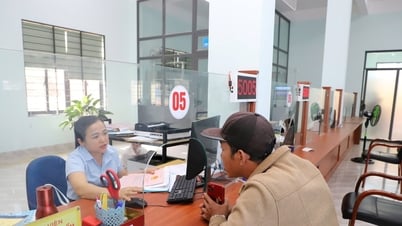

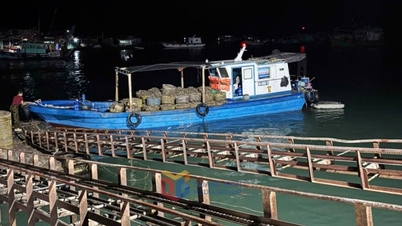
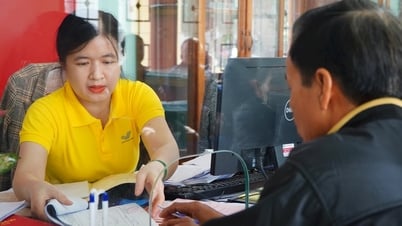

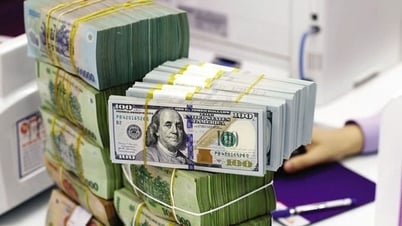

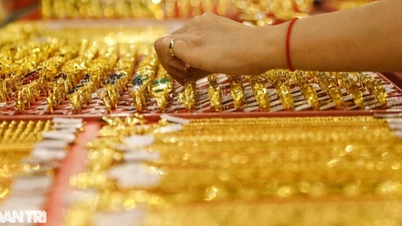



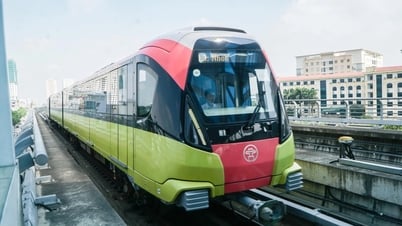





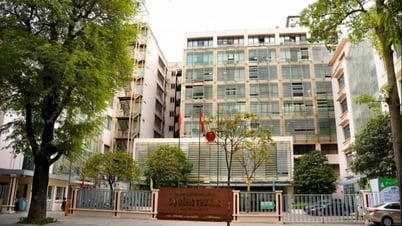
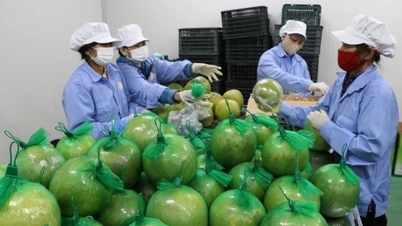
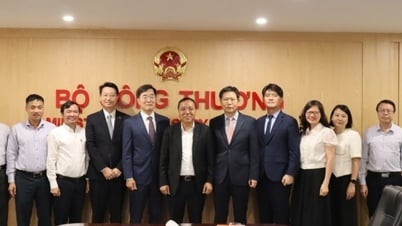

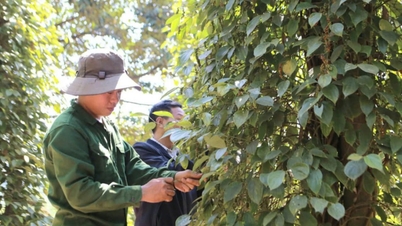
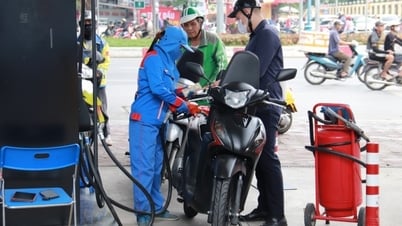


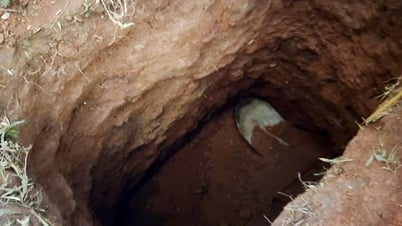




























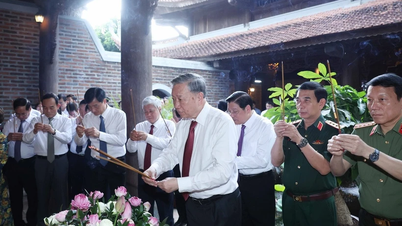










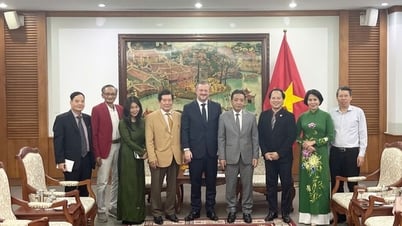
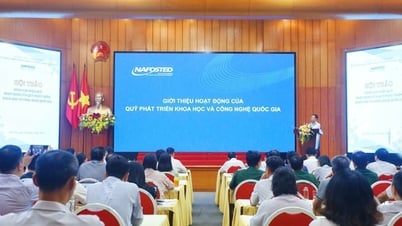

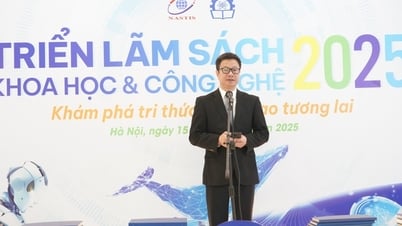



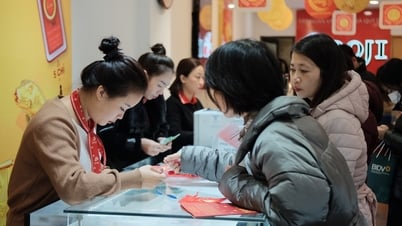



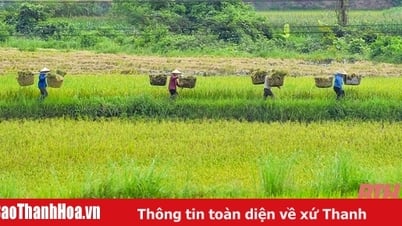



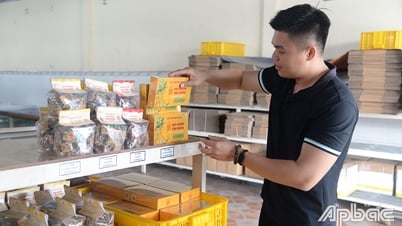







Comment (0)